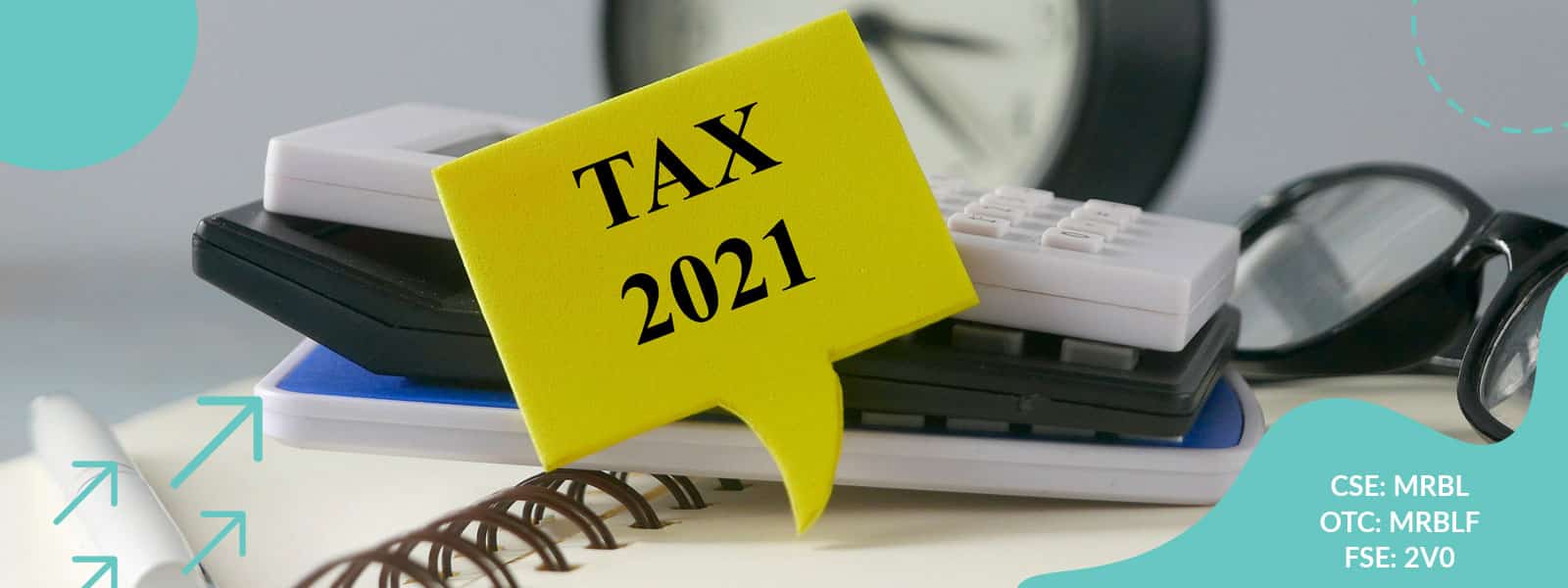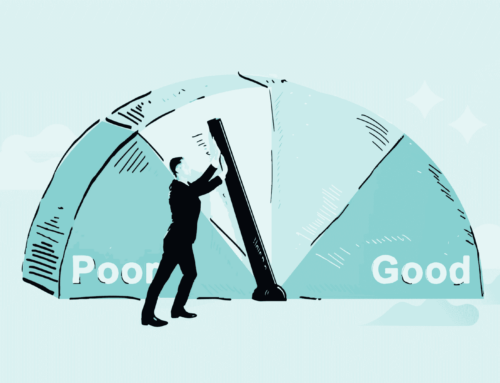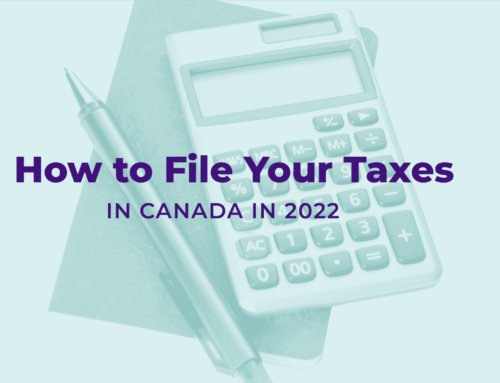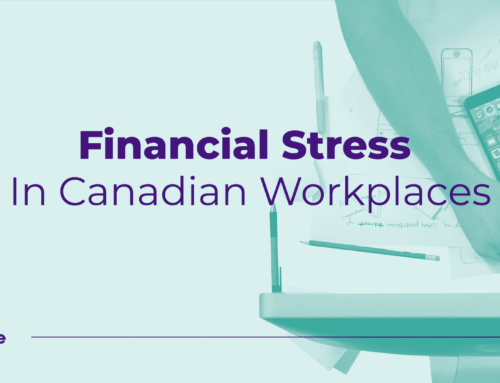At MyMarble, we understand the importance of keeping up with all areas of your finances to ensure you’re obtaining optimal financial fitness. Whether it is your credit health, budget or debt management. This also includes filing your taxes on-time and correctly. The tax-filing deadline is getting closer for Canadians for the 2020 tax year. The deadline is on April 30, 2021, and for anyone self-employed, it’s June 15, 2021. Let’s find out all your need-to-knows and how to file your taxes in Canada in 2021.
How to File Taxes in Canada
If you’re new to Canada, haven’t filed taxes before or need a gentle reminder on how to file your taxes, we’re here to help. Here are three ways you can file your taxes for the 2020 tax year:
Mail-in A Paper Copy Of Your Tax Return
You can file your tax return by post using the 2020 income tax package. If it’s your first time filing taxes, you can call and request this to be mailed out to you. Otherwise, if you filed your taxes by mail last year, the Canada Revenue Agency will automatically send this out to you. You can also view and download forms from the CRA website.
File Your Taxes Online
The Canada Revenue Agency allows Canadians to file their taxes online with NETFILE. You can do this easily online via your mobile or desktop by following the on-screen prompts. Also, you can file your taxes online via tax software such as SimpleTax or Turbo Tax.
File Your Tax Return by Phone
Canadians with low or fixed incomes and whose tax situation doesn’t change much each year receive an invite by letter to use the CRA’s automated phone service, File My Return.
Should You File Taxes For COVID-19 Benefits?
According to Statistic Canada, the Canadian government processed 27.56m applications for Canadian Response Benefit (CERB) in 2020. For anyone in Canada who received benefits in 2020, it’s important to note that these are considered taxable income and should be reported on your tax return.
For your employment income, you should have received a T4 at the end of the year. Likewise, for your benefits, the government agency that issued your payments should have mailed you a T4A or T4E tax slip at the end of February. These tax slips will show you the total amount of money you received in the form of benefits.
Most importantly, the government did not withhold any taxes on some of these payments, particularly CERB and CESB. Since these benefits were not already taxed, you may owe more money than expected. Let’s discover how much you might owe, based on the type of benefits you collected:
Canadian Emergency Response Benefit (CERB) / Canadian Emergency Student Benefit (CESB)
With CERB and CESB, the tax was not deducted when payments were issued to your bank account. So, you will owe standard income tax on the total amount you received, calculated at your marginal tax rate.
Canada Recovery Sickness Benefit (CRSB) / Canada Recovery Caregiving Benefit (CRCB)
For CRSB and CRCB, only 10% of tax was withheld at the source. All depending on your total income for 2020, it is possible you may have to pay more tax than that.
Canada Recovery Benefit (CRB)
For CRB, just like CRSB and CRSCB, 10% tax was withheld at source. However, if you earned other income totalling more than $38k in 2020, you will have to reimburse $.50 of the CRB for every dollar of net income, not including the CRB payment.
You can find out more about taxes and your COVID-19 benefits on the Government of Canada website here.
Will I Be Penalized if I Don’t File My Taxes On-Time?
The simple answer is yes. If you don’t file your taxes this year or haven’t filed them last year, you may face interest and other penalties. For example, if you don’t file them this year, you will face compound interest charges starting from May 1, 2021, on any unpaid amounts owing. You can find out more about the interest and penalties you may owe online here.
The Bottom Line
In Canada, you must file your taxes before April 30 to avoid any penalties. You can file your taxes online through the CRA website, over the phone with a CRA tax agent, or by mailing in your 2020 income tax package details. Due to the COVID-19 pandemic, many Canadians lost their jobs and received CERB and other forms of support payments from the government. Also, these types of benefits did not include tax, so you must ensure you file these with your return this year.






